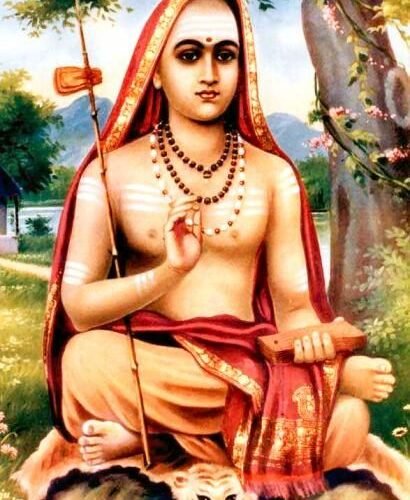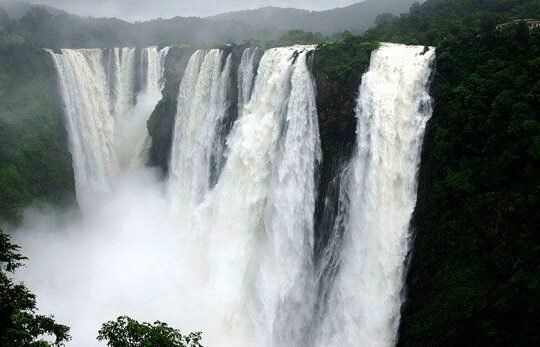-Sujata Muguda,
Pic Credit: Pinterest
5 Aug 2024: Adi Shankara, a towering discern in Indian philosophy, is dependable as one of the finest minds to have graced the subcontinent. His profound insights into the character of reality, the self, and the divine have had an extended-lasting effect on Hindu concepts and workouts.
Early Life and Education
Born in the eighth century CE in Kerala, India, Shankara displayed extremely good highbrow talents from a younger age. His father, a Brahmin named Sivaguru, identified his son’s capability and provided him with rigorous Vedic training. Shankara fast mastered the Vedas, Upanishads, and special sacred scriptures.
At the clean age of eight, Shankara engaged in a philosophical debate with renowned students and emerged effective. This early triumph installed his popularity as a prodigy.
The Quest for Truth
Driven through the way of an insatiable thirst for expertise and non secular cognizance, Shankara launched right proper right into a pilgrimage at some stage in India. He engaged in infinite debates with exceptional philosophers, developing effectiveness in each encounter. His highbrow prowess and unwavering conviction in the truth of Advaita Vedanta attracted a huge following of disciples.
The Philosophy of Advaita Vedanta
Shankara’s middle philosophy, Advaita Vedanta, is a non-dualistic interpretation of the Upanishads. It asserts the very last identity of the character’s soul (Atman) with the famous recognition (Brahman). This non-dualistic mindset is encapsulated in the famous dictum, “Tat Tvam Asi” – “Thou art work That.”
Key tenets of Advaita Vedanta embody:
Brahman as the only fact: The first-rate real truth is Brahman, a countless, impersonal, and unchanging absolute.
The illusion of the vicinity: The fabric international is an illusion (Maya) projected through the usage of Brahman.
Identity of Atman and Brahman: The character’s soul is equal to Brahman, and the perception of this identity consequences in liberation (Moksha).
The route to liberation: Knowledge (Jnana) is the most effective method to free oneself from the bondage of lack of information and the illusion of the region.
Shankara’s Contributions
Shankara’s contributions to Indian philosophy and religion are immeasurable. He:
Revived Vedanta: Shankara’s lucid and systematic exposition of Advaita Vedanta revitalized the Vedantic way of life, which had become obscured with the aid of the usage of use of several interpretations.
Established monastic orders: He founded 4 monastic orders (Mathas) to propagate Advaita Vedanta and to manual seekers on the route to liberation.
Authored several works: Shankara wrote giant commentaries on the Upanishads, Bhagavad Gita, and Brahma Sutras, further to independent works on philosophy and theology.
Unified Hinduism: By emphasizing the underlying harmony of various Hindu traditions, Shankara finished a critical characteristic in fostering a enjoy of Hindu identity.
Adi Shankara’s legacy continues to encourage and inspire thinkers and nonsecular seekers alike. His philosophy offers a profound and intellectually amazing route to liberation, inviting us to ponder the nature of reality and our place within it.






